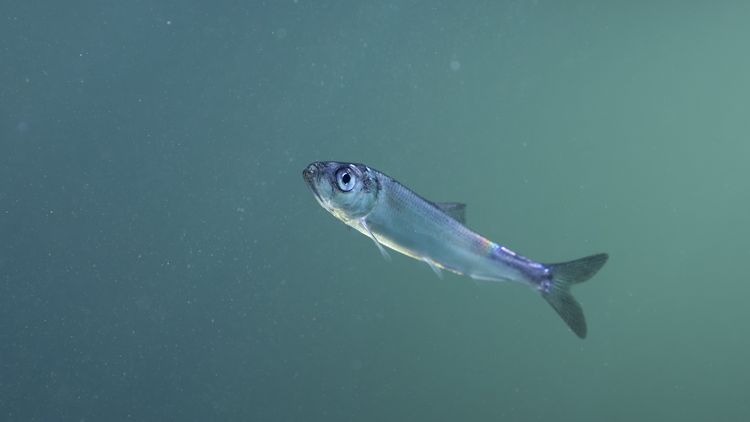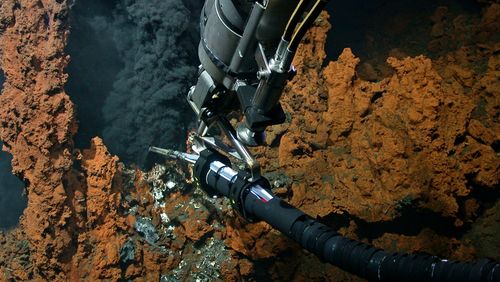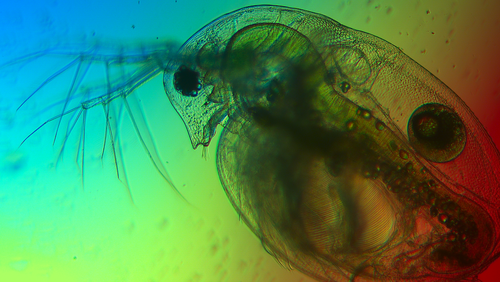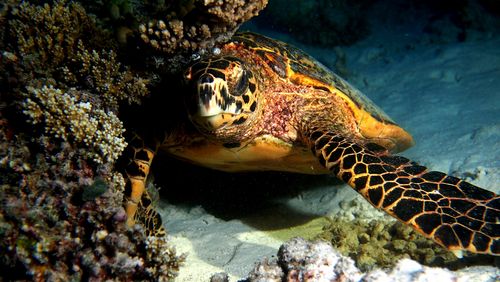Researchers at the University of Oldenburg are working with several project partners to develop a new tool for analysing the interactions of pollutants and other negative environmental factors with fish in the Wadden Sea. The goal is to provide environmental agencies, non-governmental organisations and companies with an instrument that gives an overview of the latest research into these interactions as well as the possibility to test potential scenarios.
The tool will also be designed to identify promising nature conservation measures for protecting fish populations. The Lower Saxony Wadden Sea Foundation is funding the project with 284,000 euros. The aquatic ecology institute AquaEcology and the software developer BioDiv.Systems are also involved.
“The specialised online tool is designed to help target groups from different professional backgrounds analyse large amounts of complex data and quickly and easily assess their relevance,” explains project coordinator Silke Eilers, a biologist in the Mathematical Modelling research group, which is based at the ICBM and headed by Prof. Dr Bernd Blasius. The researchers have already developed a prototype in previous projects. In the first project phase of the new project which runs until September 2027 the team will focus on optimising its user-friendliness and adapting it to fish in the Wadden Sea. A further goal is to identify uncertainty factors in the analysis, such as measurement errors and structural complexities. For this, the scientists will draw on existing data from environmental agencies and research literature.
Protection for fish in the Wadden Sea
Fish perform an important function in the ecosystem and as a food source for humans. Pollutants can have a severe negative impact on their health and reproductivity. "Although this is well known, we still know far too little about the influence of pollutants when it comes to preserving fish populations and protecting the ecosystem – especially when organisms are exposed to many different pollutants and environmental influences over the course of their lives," says Eilers.
One focus of the project is the habitats of spawning and juvenile fish: seagrass meadows play an important role for garfish and herring in the Wadden Sea. To assess which protective measures could be most effective here, the researchers are developing a mathematical network model which provides a more detailed and accurate analysis of combined effects of pollutants on fish. If the tool is shown to be viable and effective in the first project phase, it could be used with other species groups in the Wadden Sea such as mussels and oysters, plankton and marine mammals.




